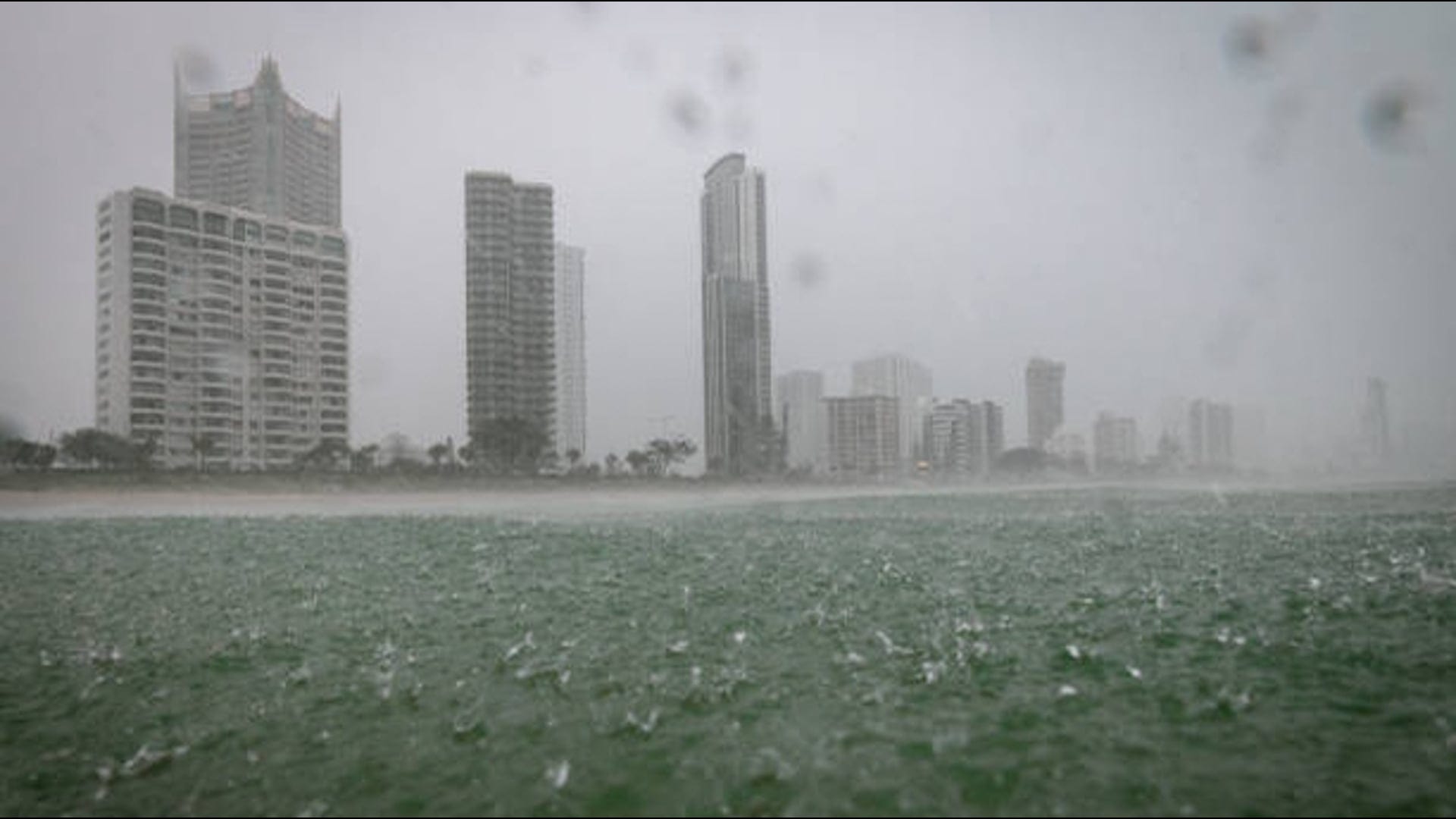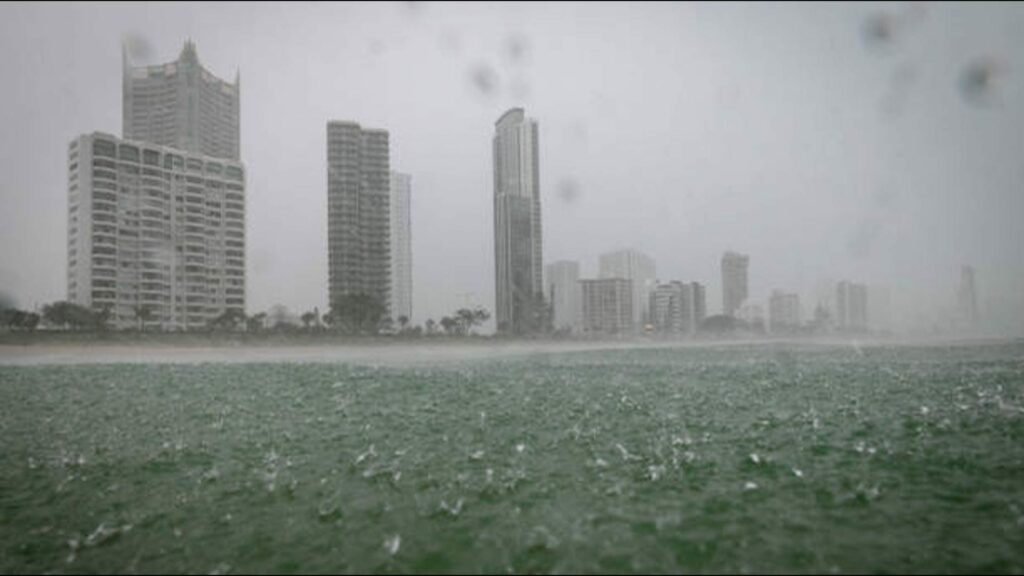
How ‘La Niña’ is causing this year’s extreme weather events
La Niña, the cool phase of the El Niño-Southern Oscillation (ENSO) cycle, is set to trigger extreme weather events in 2024.
unbranded – Newsworthy
Phoenix, Arizona residents have gotten no relief this summer: On Tuesday, the city hit its 100th straight day of 100-degree temperatures.
The previous record was set in 1993 when temperatures hit 100 degrees or above for 76 days in a row, the National Weather Service reported.
Phoenix is one of many cities facing extreme heat this week. Millions of Americans in Southwest Oregon through California, Arizona and western Nevada are under excessive heat warnings through Friday. Another major heat wave is sending temperatures into the triple-digits, and records are expected to break across the West.
California’s Palm Springs and Coachella Valley are expected to hit a high of 118 degrees Thursday afternoon, the National Weather Service reported. But Death Valley National Park’s Furnace Creek could reach a high of 120 degrees.
The looming stretch of searing heat is not uncommon for Southern California, western Nevada and southern Arizona this time of year, Heather Zehr, a senior meteorologist at AccuWeather recently told USA TODAY.
“September is actually a fairly hot month overall, being as far southwest as they are, and as dry as the climate is. … They tend to reach their peak normal averages at the end of August and beginning of September,” she said.
Here’s how Phoenix broke record temperatures over the summer:
Phoenix, Arizona breaks longterm heat record
On May 27, temperatures soared up to 102 degrees in Phoenix. Since then, the weather has risen to 100 degrees or above.
The average temperature in Phoenix this summer was 98.9 degrees, with an average high of 110.4 and average low of 87.5. The city experienced its hottest climatological Summer on record, The Washington Post reported. On top of breaking record high temperatures, the average summer temperature has risen between 8 and 9 degrees since the late 1800’s, the Post reported.
As of Aug. 31, there has been at least 177 confirmed heat-related deaths in Maricopa County this year. Another 436 deaths are under investigation as heat-related. Last year, 645 people died from heat-related causes, Maricopa County reported. About two-thirds of those deaths were people aged 50 and older.
Heat wave to bake Southwest; temperatures could soar as high as 120 degrees
Heat wave forecast in Phoenix, AZWednesdayThursdayFridayHow extreme heat can affect your health
Experts say that while warm weather improves mental health – people get outside and soak up more vitamin D when it’s nice outside – extreme heat can have the opposite effect.
“Heat has been shown to cause irritability, agitation, anxiety, cognitive impairment,” Susan Albers-Bowling, a clinical psychologist at the Cleveland Clinic, told USA TODAY in June. “Research also shows that, during heat waves, there’s a noted increase in suicide rate, domestic violence, substance use and crime.”
Albers-Bowling said the high temperatures could disrupt sleep and render certain medication less effective. Extreme heat also can cause hormone changes, including an increase in cortisol, the stress hormone, and can reduce alertness and cognition, she said.
Contributing: Christopher Cann and Cybele Mayes-Osterman, USA TODAY
Source link : http://www.bing.com/news/apiclick.aspx?ref=FexRss&aid=&tid=66d7ae0e04d245289595459152e36b26&url=https%3A%2F%2Fwww.usatoday.com%2Fstory%2Fnews%2Fweather%2F2024%2F09%2F03%2Fphoenix-arizona-100-degree-weather%2F75063509007%2F&c=2636035731548860321&mkt=en-us
Author :
Publish date : 2024-09-03 13:06:00
Copyright for syndicated content belongs to the linked Source.
